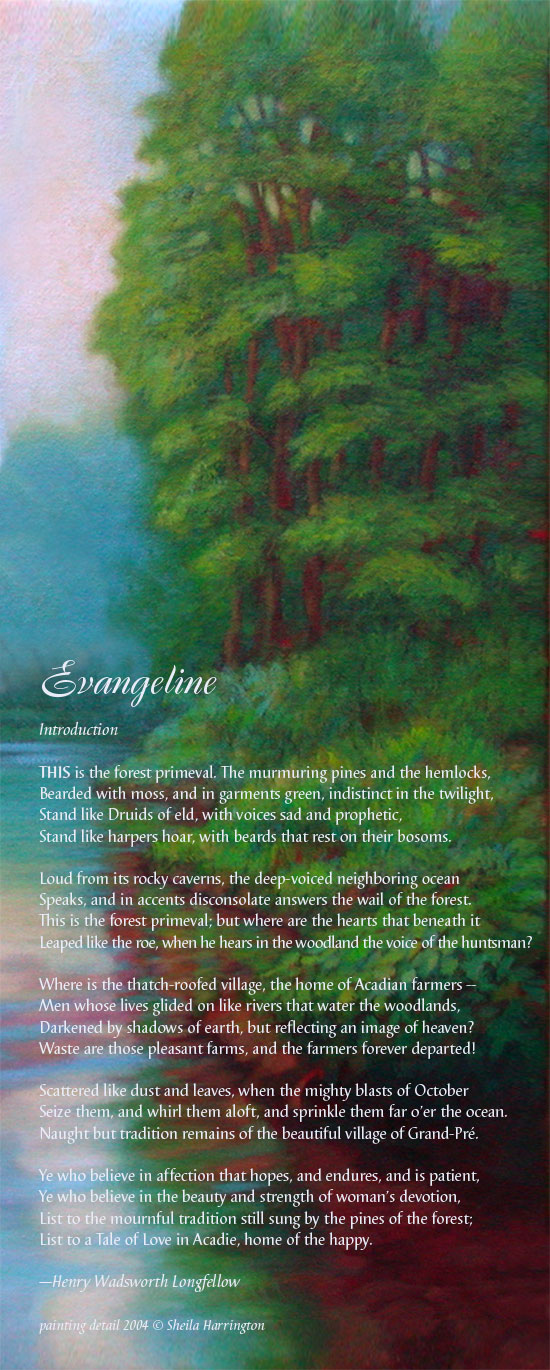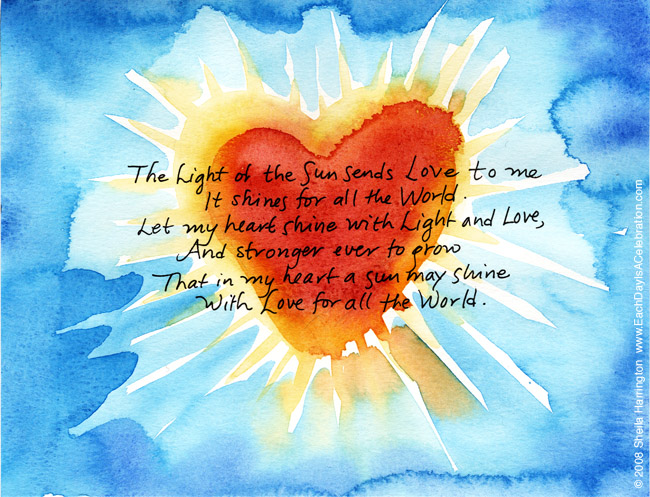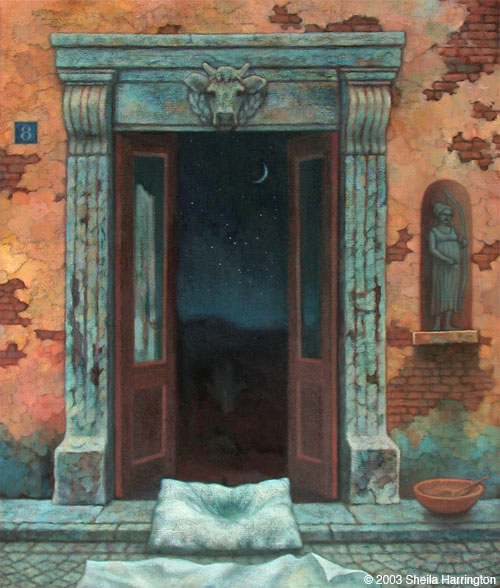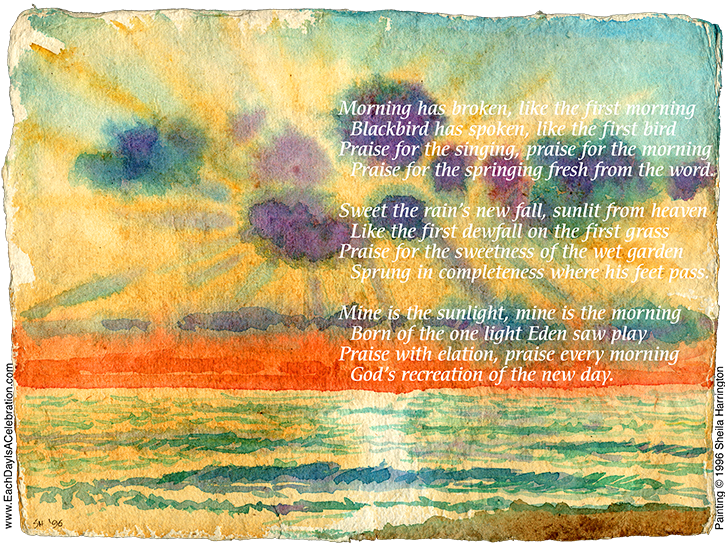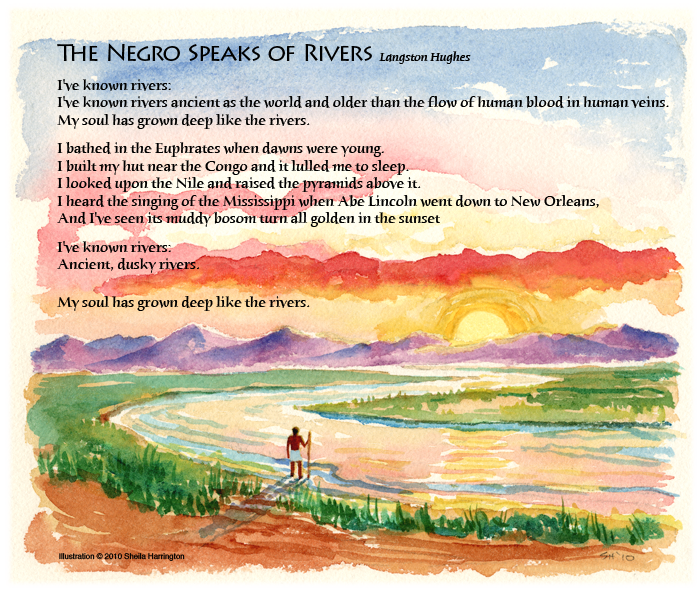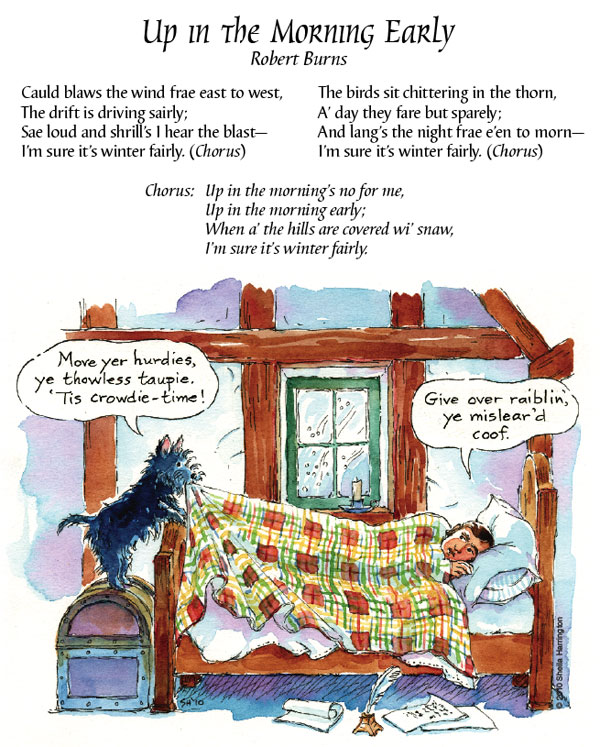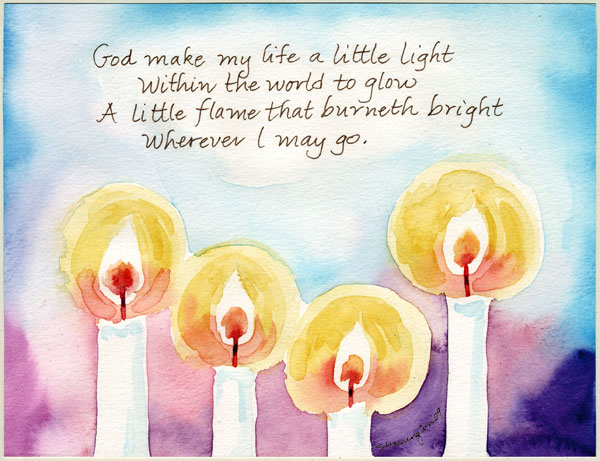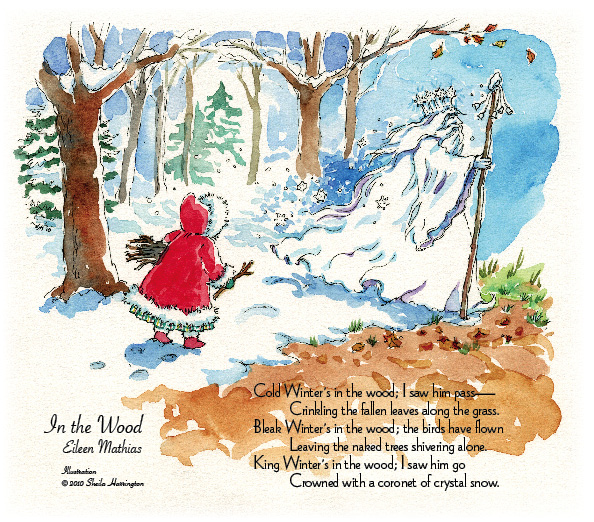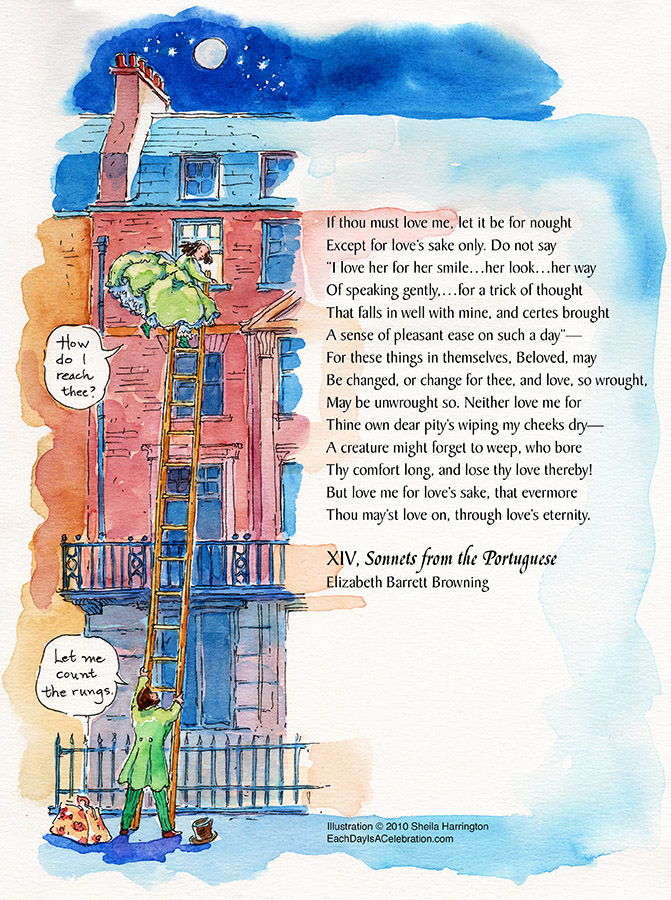
How is this for a romantic tale: Intellectual semi-invalid is still living at home in seclusion in her mid-thirties, quietly writing poetry and essays. Her published, widely read poems catch the attention of a handsome fellow-poet, six years her junior, who writes her a lengthy letter that says, among other things:
I love your verses with all my heart, Miss Barrett… so into me it has gone, and part of me it has become… and I love you too.
Thus began a correspondence—reluctant on her side, urgent on his, between Elizabeth Barrett (1806-1861), whose birthday it is today, and Robert Browning—that culminated in their growing mutual attachment and eventual secret elopement. Like many (all?) romantic tales, it had its dark underside, this one of slavery, paternal tyranny, multiple sad deaths, and mysterious illness.
Barrett was the first-born in a large prosperous family in Coxhoe, England, whose income derived partly from slave-worked plantations in Jamaica (perhaps this was related to Barrett’s later abolitionist stance). She was educated at home and demonstrated in childhood a gift for language: writing poetry, reading Milton, Shakespeare, and Dante, and learning Greek, Latin, and Hebrew (incorporated later into her poetry) sufficiently well to take up translation and analysis. To these she later added Italian, German, and Spanish.
But by age twenty she was already declining physically from some unknown, untreatable cause. The deaths of her mother and grandmother took their toll on her, and the accidental drowning of a favorite brother made her a recluse in her misery. In the meantime the abolition of slavery in England brought an end to the Jamaica income and obliged the family to live simply. Throughout all this she continued to write and publish essays and poetry, passionate, deeply felt, finely crafted, expressive of political and social as well as personal themes. And despite her seclusion, she corresponded widely with other writers and scholars.
Thus Browning was smitten. When he finally whisked Barrett off secretly to tie the knot and honeymoon in Italy, her father disinherited her—as he did each of his children who chose to marry. Some family therapy would not have been amiss here.
After their marriage Barrett showed Browning the sonnets she had been writing, the most famous of which (not the one above, but number XLIII) has been widely reproduced (and parodied). The couple stayed in Italy and, despite their late start, Barrett/Browning gave birth to a little Robert when she was 43. So their tale concludes probably as happily as any—with the two of them madly in love, raising their babe, writing poetry together, respected, reasonably comfortable, and in ITALY besides. Happy Birthday (and apologies), Elizabeth Barrett Browning, with gratitude not only for the poetry but for the love story.

